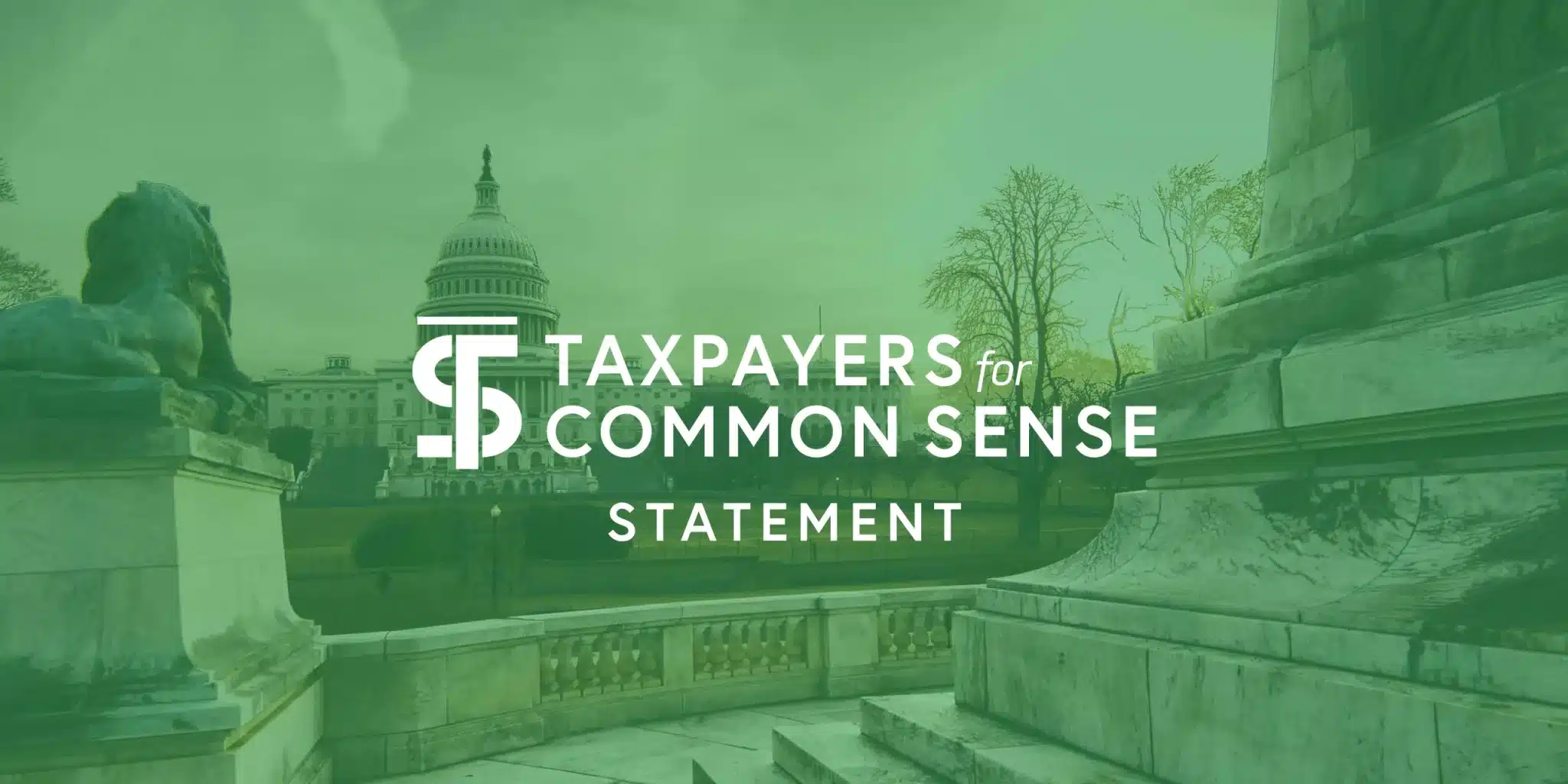Ryan Alexander, President of Taxpayers for Common Sense, spoke today at the first meeting of the Department of the Interior’s (DOI’s) reestablished Royalty Policy Committee (RPC). The DOI and the RPC held a public comment period during the meeting to gather input from the public regarding leasing, royalty, and valuation reform for resources produced on federally owned lands. Below are her full remarks urging the committee to put the taxpayer interest first in all future work:
Good afternoon Secretary Zinke and members of the Royalty Policy Committee.
Thank you for the opportunity to offer public comments today. My name is Ryan Alexander and I am president of Taxpayers for Common Sense, a national, non-partisan budget watchdog organization based here in Washington. Taxpayers for Common Sense’s mission is to achieve a government that spends taxpayer dollars responsibly and operates within its means.
For more than two decades, TCS has worked to ensure that taxpayers receive a fair return on natural resources extracted from federal lands and waters. Royalties and fees collected from resource development represent a valuable source of income for the federal government and should be collected, managed, and accounted for in a fair and accurate manner. As the resource owners, taxpayers have the right to fair market compensation for the assets extracted from our lands and waters, as would any private landowner.
Royalty revenues account for a significant portion of non-tax federal revenue and are an important source of income for the federal government. Unfortunately, over the years taxpayers have lost billions on royalty-free oil and gas leases, undervalued coal leases and royalty-free hard rock mineral operations on federal lands. Taxpayers have also lost because of a corrupt and inadequate royalty collection system.
The problem transcends several administrations. Which is why I have testified as far back in 2006 about problems with the royalty system. More recently, in a June 2017 report, the Government Accountability Office stated that since 2011, it has considered “Interior’s management of federal oil and gas resources as a high-risk area vulnerable to fraud, waste, abuse and mismanagement.” That same report goes on to say that it has made recommendations to Interior for reforming coal royalties and ensuring fair taxpayer returns.
Numerous other studies, including a 2016 report by the Council of Economic Advisers, have demonstrated how coal companies manipulate the current system for valuing coal to reduce royalty payments. Valuation of the minerals is a key component of the leasing process. If the value established for minerals is too low, royalty receipts will be too low.
Taxpayers also lose hundreds of millions of dollars a year on royalty-free natural gas that is leaked, vented, or flared from drilling operations on federal land. According to our own internal analysis of BLM data last fall, taxpayers received no royalties for more than 90% of the natural gas vented or flared in the last decade.
In the face of these problems, we were pleased that this past March Secretary Zinke reestablished the Royalty Policy Committee with a goal to “ensure the public receives the full value of the natural resources produced from Federal lands.” But since then the Administration has taken several actions that we believe undermine the ability of the Department of Interior to receive appropriate revenues for federal taxpayers.
Today’s Royalty Policy Committee meeting to examine ways to provide a fair return to taxpayers for our natural resources is an important discussion. But simply making more federal lands available, limiting regulations on resource extraction, and heeding the requests of industry does not ensure taxpayers that they will receive appropriate revenues to address the nation’s fiscal priorities, and worse yet, will lead to greater taxpayer liabilities down the road.
In the face of a $19 trillion national debt, we cannot afford to lose this valuable revenue. These problems must be resolved before we move forward with additional mining and energy production on federal lands and waters.
Thank you for the opportunity to present comments today. I look forward to working with the Committee and Secretary Zinke to ensure taxpayers are appropriately compensated for the natural resources we own.











Get Social